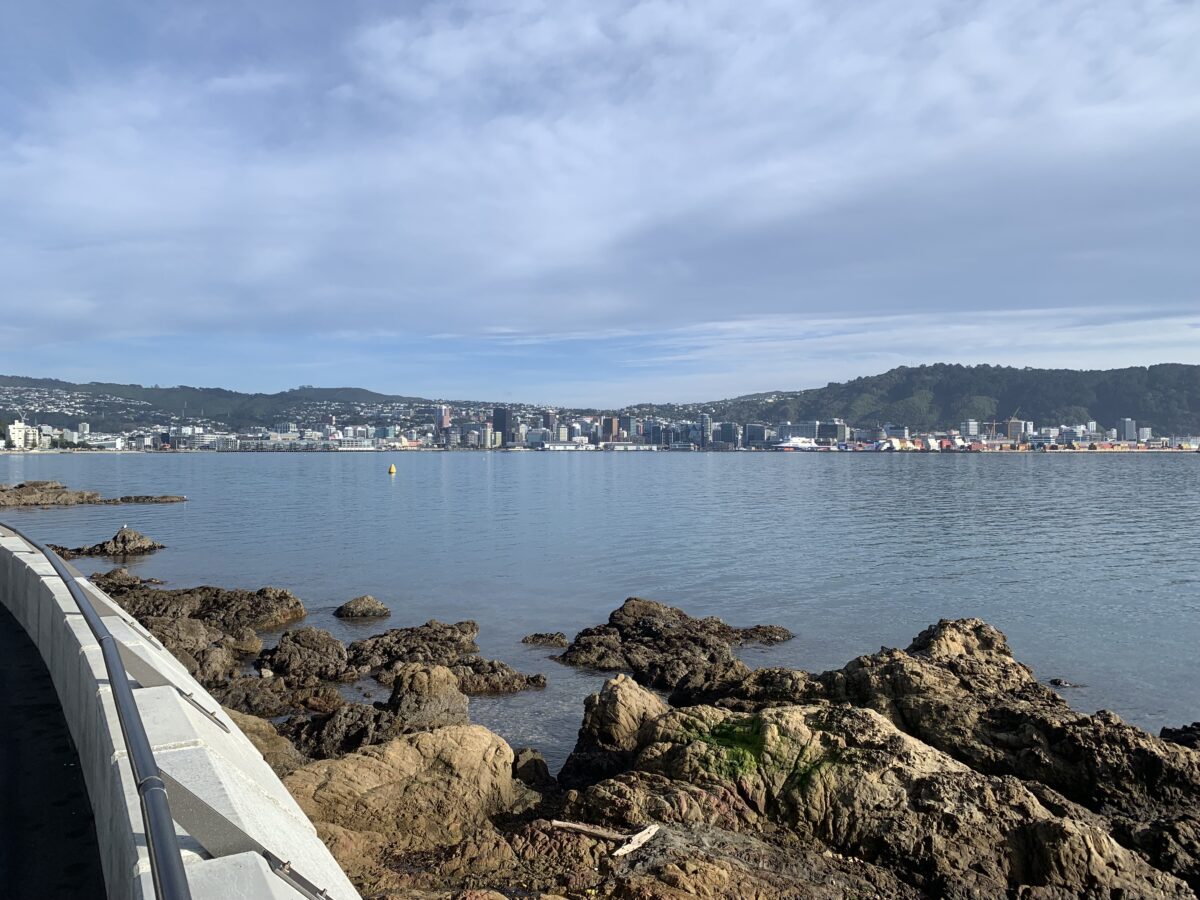
In response to persisting disparities in student discipline, many of North Carolina’s public schools are beginning to experiment with restorative practice (RP), a model aimed at repairing harm done to interpersonal relationships, to reform disciplinary policy and reimagine school culture.
In the Center for Safer Schools’ (CFSS) RISE trainings held virtually this summer, restorative justice was one of the few topics selected for presentation to school leaders across the state. Many districts have recently begun training staff in RP, while some schools launched programs years ago. Southwest Guilford High School, for example, began implementing RP in 2016 and has since seen a decline in suspensions with higher attendance and grades.
Last summer, I spent five weeks in New Zealand as a student researcher with the Te Ngāpara Centre for Restorative Practice at Victoria University of Wellington. RP has a particularly strong foothold in the country, being utilized in nearly every public school and formally recognized in the judicial system. There, I conducted a series of qualitative interviews with scholars, educators, and other stakeholders focused on RP in New Zealand’s schools, its many successes, and the challenges it faces moving forward. Based on this experience, there are three main takeaways I hope to share with leaders in NC as they begin to explore RP in their schools and communities.
To repair relationships, you need to build them first.
The restorative model centers interpersonal relationships as the foundation of harm and reparation. A student’s behavior is seen as harmful when it damages their relationship with other students, teachers, or the broader school community. Restoration is the process of intentionally repairing damaged relationships and the school culture. Establishing a strong school community is a crucial prerequisite to this process that is often overlooked. Although RP is widespread throughout New Zealand’s education system, most experts I spoke with cited this as a particular area of weakness for many schools. It is difficult to repair a relationship that wasn’t very strong in the first place.
As North Carolina’s schools begin implementing RP, it is important that leaders do not neglect this important process. Building a community centered around mutual care and respect is necessary for an effective transition to the restorative model.
Strengthening school culture can also have tremendous impacts on behavioral outcomes. One of my favorite anecdotes from conversations with experts in New Zealand concerned a school that had recently transitioned to RP and noticed a significant decline in vandalism on campus. When the transition to RP improved the students’ sense of belonging at school, they were less likely to deface the building. This shift stood as a symbol of the school’s changing culture.
RP is not just an approach to student discipline, but a transformative process that can dismiss the need for discipline in the first place. If intentional changes in school culture are not pursued, schools in NC will miss out on this powerful outcome of RP.
It’s not just for the students.
While in New Zealand, nearly everyone I spoke with told me that a thorough implementation of RP requires top-down involvement from all members of the school community. Administrators, teachers, students, custodians, and everyone in between should embody the restorative model in their daily interactions. This is another area where many of New Zealand’s schools failed in their transition to RP, viewing the model as an alternative approach to discipline and ignoring the potential for positive shifts in school culture.
A teacher I spoke with highlighted the many extraordinary benefits that can come when a more complete implementation is achieved. For her, a culture of camaraderie and collaboration with fellow teachers made working in her restorative school a much more positive experience than she had ever thought possible. Teaching can be a lonely profession, yet the restorative model’s focus on relationship building encourages teachers to relate with their coworkers, sharing best practices, giving constructive feedback, and tackling classroom challenges together.
If implemented properly, RP can improve the work experience of North Carolina’s teachers and make way for pedagogical innovations born out of a collaborative workplace. If a transition to RP is viewed simply as a discipline reform, many of these potential improvements will never be realized. A restorative mindset shouldn’t be used only when interacting with students, but should resolve conflict and promote connection for all members of the school community.
No half measures
Though there are certainly great benefits to be had from a holistic implementation of RP, many schools will likely choose to use the model in a more limited capacity. Some schools in New Zealand are restorative only in the sense that students accused of a harmful action are given the choice between punitive and restorative measures by administrators. Several experts I spoke with argued that any amount of RP can have positive impacts on a school. However, many others claimed this is not always the case.
A former student I spoke with shared his experiences with poorly executed restorative conferences in the aftermath of harmful behavior. For students deeply affected by an incident, the process of bringing together victims and offenders can be traumatic if not carefully planned by trained experts. When done well, RP can be transformative, yet lackadaisical approaches may exacerbate existing harm for affected individuals.
For this reason, leaders in North Carolina should not underestimate the resources required to properly introduce RP. Comprehensive training and ongoing professional development for all staff members is critical to avoid unintended consequences. More complete implementations also allow for great benefits outside of the discipline system, as previously discussed.
Restorative approaches have great potential to improve public education in North Carolina. As leaders begin planning more widespread implementation, I hope past examples of the model’s successes and failures in other contexts are thoughtfully considered.
